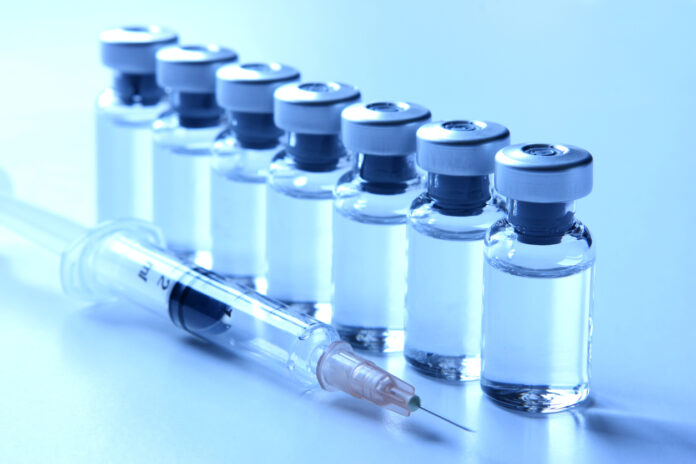Coming Soon: Russia Offers Free Cancer Vaccine to the World
Russia Announces Breakthrough mRNA Cancer Vaccine, Free Distribution Planned by 2025
In a major medical advancement, Russia has claimed to develop its own mRNA vaccine designed to combat cancer. According to state news agency TASS, the vaccine is expected to be publicly available by early 2025, with plans for free distribution. This groundbreaking announcement signifies a potential shift in global cancer treatment strategies.
A New Era in Cancer Treatment
Andrey Kaprin, General Director of the Radiology Medical Research Center under the Russian Ministry of Health, revealed the development in an interview with Radio Rossiya. “Russia has developed its own mRNA vaccine against cancer, and it will be distributed to patients free of charge,” he stated.
This innovative approach harnesses the power of messenger RNA (mRNA) technology, which gained prominence during the COVID-19 pandemic for its effectiveness in vaccine development. The application of this technology to oncology represents a promising leap forward.

Promising Results from Pre-Clinical Trials
The vaccine’s pre-clinical trials have shown encouraging results, according to Alexander Gintsburg, Director of the Gamaleya National Research Center for Epidemiology and Microbiology. Gintsburg explained that the trials demonstrated the vaccine’s ability to suppress tumor growth and prevent metastasis. “The vaccine’s pre-clinical trials had shown that it suppresses tumor development and potential metastases,” he affirmed.
These findings suggest the mRNA vaccine could become a significant tool in managing and potentially curing various forms of cancer, offering new hope to millions of patients worldwide.
Artificial Intelligence Accelerates Development
Russian scientists are also leveraging artificial intelligence (AI) to refine and personalize cancer vaccines. Earlier this year, President Vladimir Putin hinted at advancements in this field. Gintsburg elaborated on the role of AI, stating, “Now it takes quite long to build [personalized vaccines] because computing how a vaccine, or customized mRNA, should look uses matrix methods. We have involved the Ivannikov Institute to employ neural network computing, reducing these procedures to about half an hour to an hour.”
This integration of AI into vaccine development underscores the potential for rapid and personalized medical solutions, which could revolutionize patient care.
The Global Implications
Russia’s progress in developing an mRNA cancer vaccine marks a significant milestone in medical science. With free distribution planned, it also highlights a commitment to making advanced treatments accessible. If successful, this initiative could inspire similar breakthroughs worldwide, fostering collaboration and innovation in the fight against cancer.
Stay tuned as more details unfold about this revolutionary vaccine and its journey toward transforming cancer treatment.
Read More : @2024Epipedia
